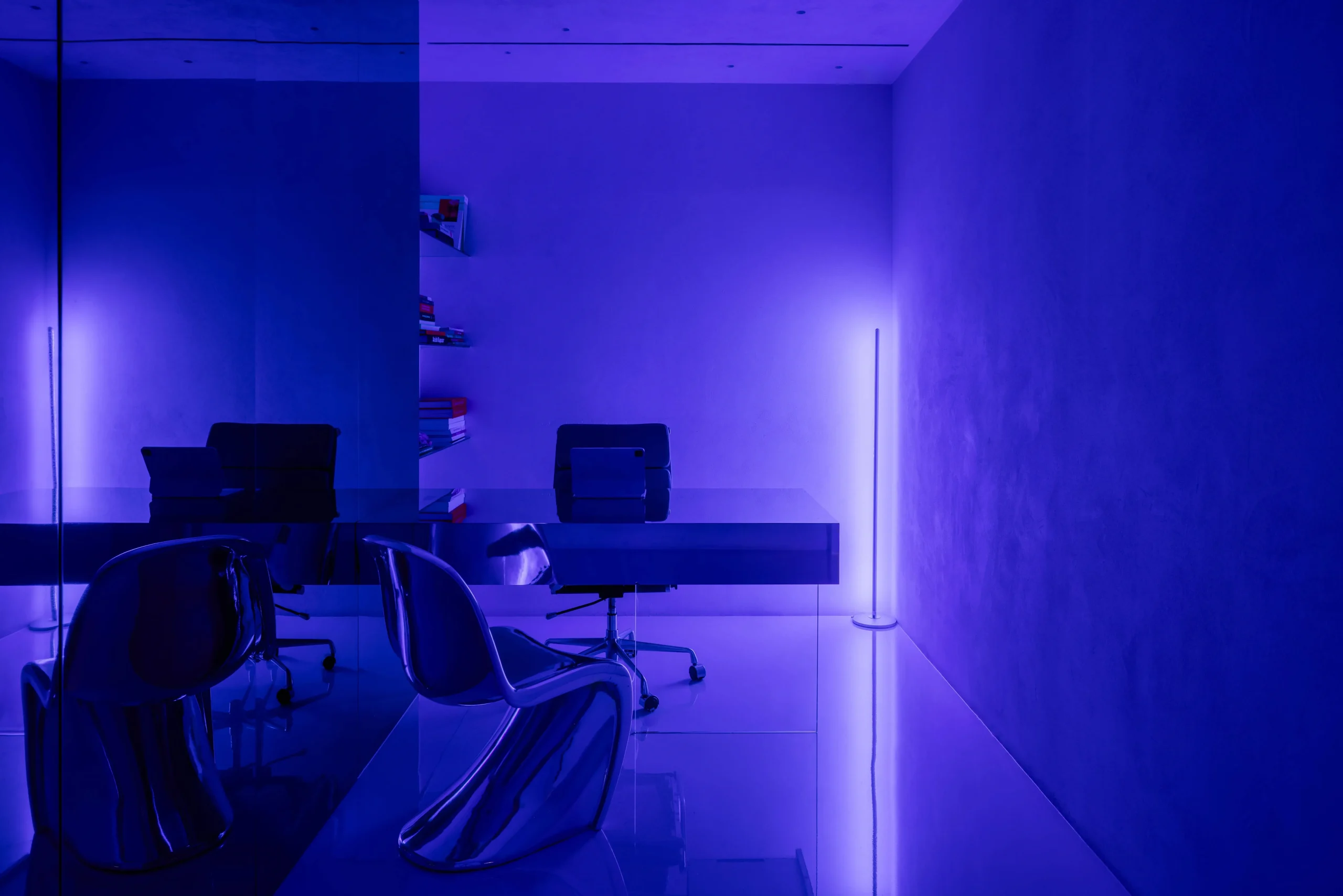Skin Cancer is a type of cancer that starts in the skin cells. It is one of the most common forms of cancer and is mainly caused by excessive exposure to ultraviolet (UV) rays from the sun. Early detection is key to effective treatment and preventing further spread.
Who is the Ideal Candidate?
The ideal candidate for skin cancer screening is someone who:
- Has a history of sunburn or excessive sun exposure.
- Has fair skin, light eyes, or blonde/red hair.
- Has many moles.
- Is at higher risk due to a family history of skin cancer.
- Is over the age of 40 or has a weakened immune system.
Methods for Detecting Skin Cancer
In addition to regular exams, other methods for detecting skin cancer include:
- Dermatoscopy: An enlarged view of the skin to analyze moles and lesions.
- Skin Biopsy: Taking a small sample of suspicious skin tissue for further analysis.
- Self-examination: Regular checking for changes in moles or the appearance of new ones.
Recovery Time
- Skin cancer treatment depends on the cancer stage.
- Surgical removal typically requires a recovery period of 1-2 weeks with minimal scarring.
- If treated with laser, recovery may take several weeks to months, depending on the extent of treatment.
Is skin cancer treatment painful?
The pain level depends on the treatment method. Surgical removal is usually done with local anesthesia, so discomfort is minimal. Laser treatment may cause temporary discomfort.
Can skin cancer be cured?
Yes, skin cancer can be treated if detected in the early stages. Treatment may include surgery, laser therapy, or topical medications.
How often should I check my skin for cancer?
It is recommended to perform a self-examination every month and have a dermatology checkup annually or more often if you’re at higher risk.
Are there ways to prevent skin cancer?
Yes, prevention includes protecting the skin from excessive sun exposure, using sunscreen, wearing white clothing, and avoiding UV rays whenever possible.

